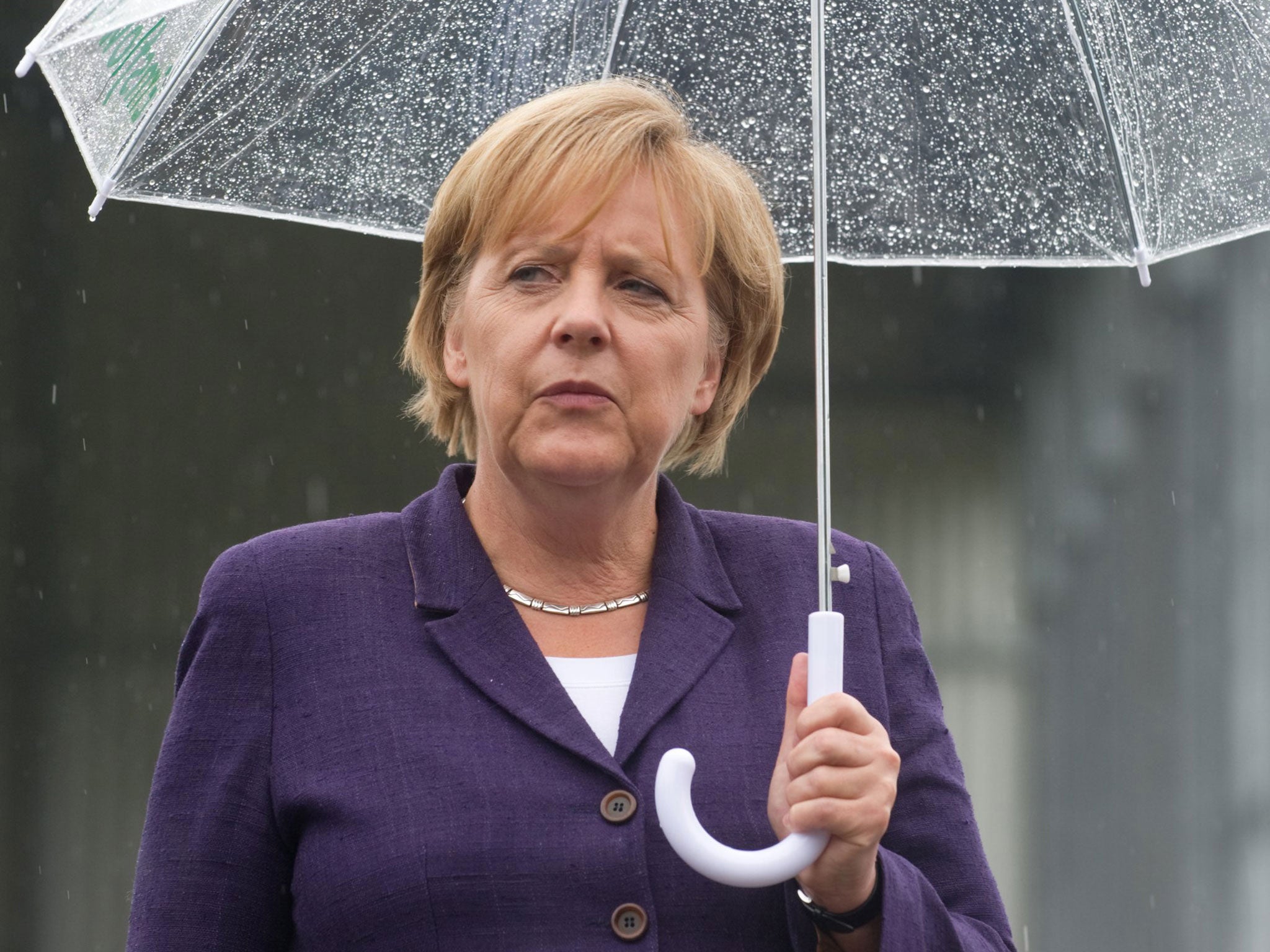Scheißesturm! Why foreign swearing is best (as Angela Merkel knows)

Your support helps us to tell the story
From reproductive rights to climate change to Big Tech, The Independent is on the ground when the story is developing. Whether it's investigating the financials of Elon Musk's pro-Trump PAC or producing our latest documentary, 'The A Word', which shines a light on the American women fighting for reproductive rights, we know how important it is to parse out the facts from the messaging.
At such a critical moment in US history, we need reporters on the ground. Your donation allows us to keep sending journalists to speak to both sides of the story.
The Independent is trusted by Americans across the entire political spectrum. And unlike many other quality news outlets, we choose not to lock Americans out of our reporting and analysis with paywalls. We believe quality journalism should be available to everyone, paid for by those who can afford it.
Your support makes all the difference.Despite the fact that German is a better language than English for compound nouns, the latest addition to German dictionaries has a particularly British ring to it.
But then again “s***storm”, could find at least part of its etymology from our shared linguistic heritage. A favourite of Chancellor Angela Merkel (who used it, very appropriately, to describe the crisis in the eurozone), the word – used to describe a situation which causes people to vent their anger – is a new entry into Duden, Germany’s standard dictionary.
Its definition of “s***storm” has a nice, Teutonic specificity about it – describing it as a purely online phenomenon: “Noun, masculine – a storm of protest in a communications medium of the internet, which is associated in part with insulting remarks.” It’s another argument to support the theory that swearing in other languages is simply more fun than in your own (we quite like our rough translation, “Scheißesturm”).
Not only that, it also proves that dictionaries putting wacky words into dictionaries just to get a bit of PR (like, er, here) is not confined to these shores. And also it suggests that use by politicians seems to give words an added value (except, perhaps, when it comes to George W Bush’s made up words)
Take “omnishambles”: coined by the team behind political comedy The Thick of It, it ended up being used by Ed Milliband in parliament, which in turn, led to it being named 2012’s “word of the year” by the Oxford English Dictionary.
Perhaps the lexicographers next job will be to decide what’s worse – a s***storm or an omnishambles.
Join our commenting forum
Join thought-provoking conversations, follow other Independent readers and see their replies
Comments